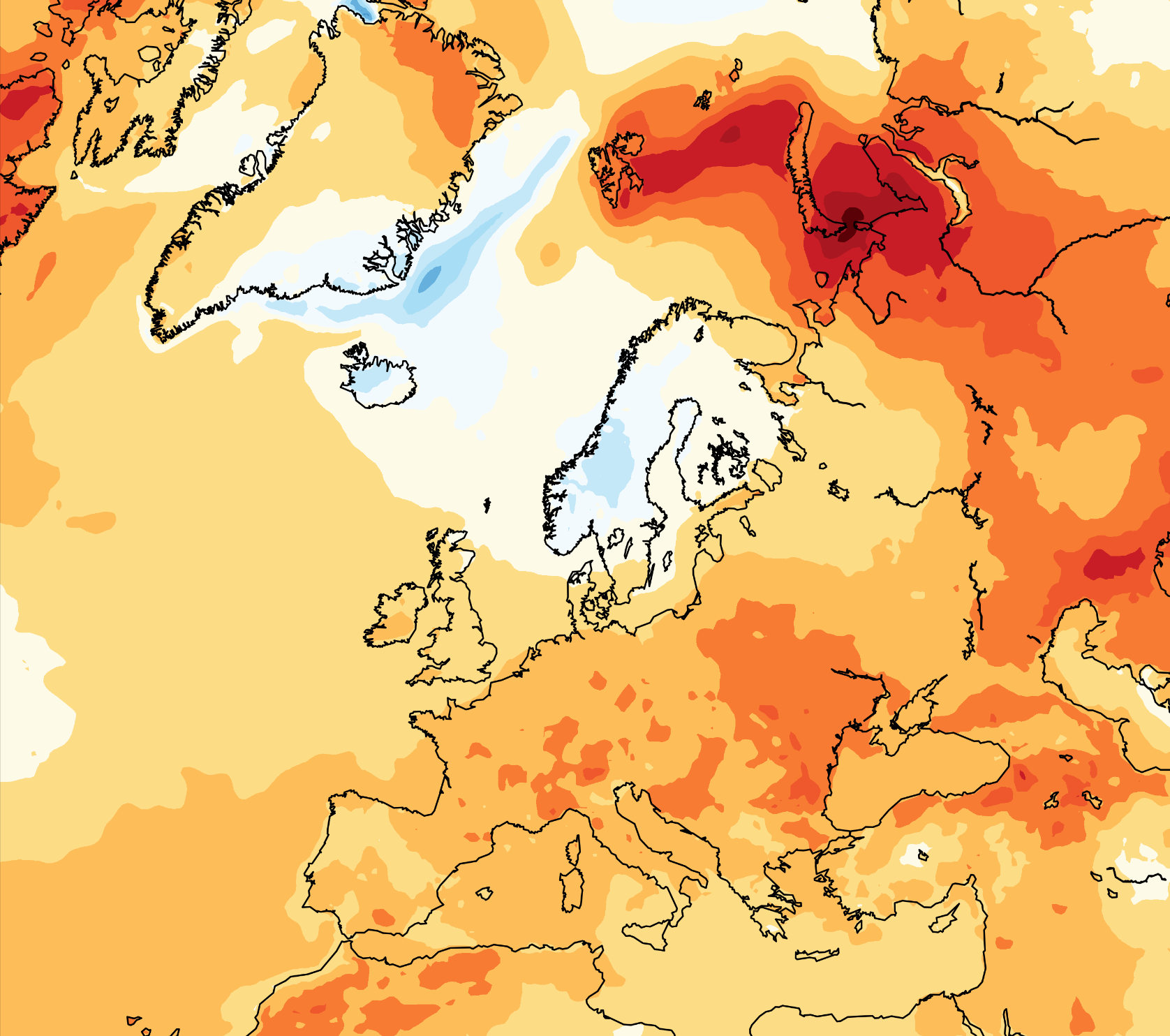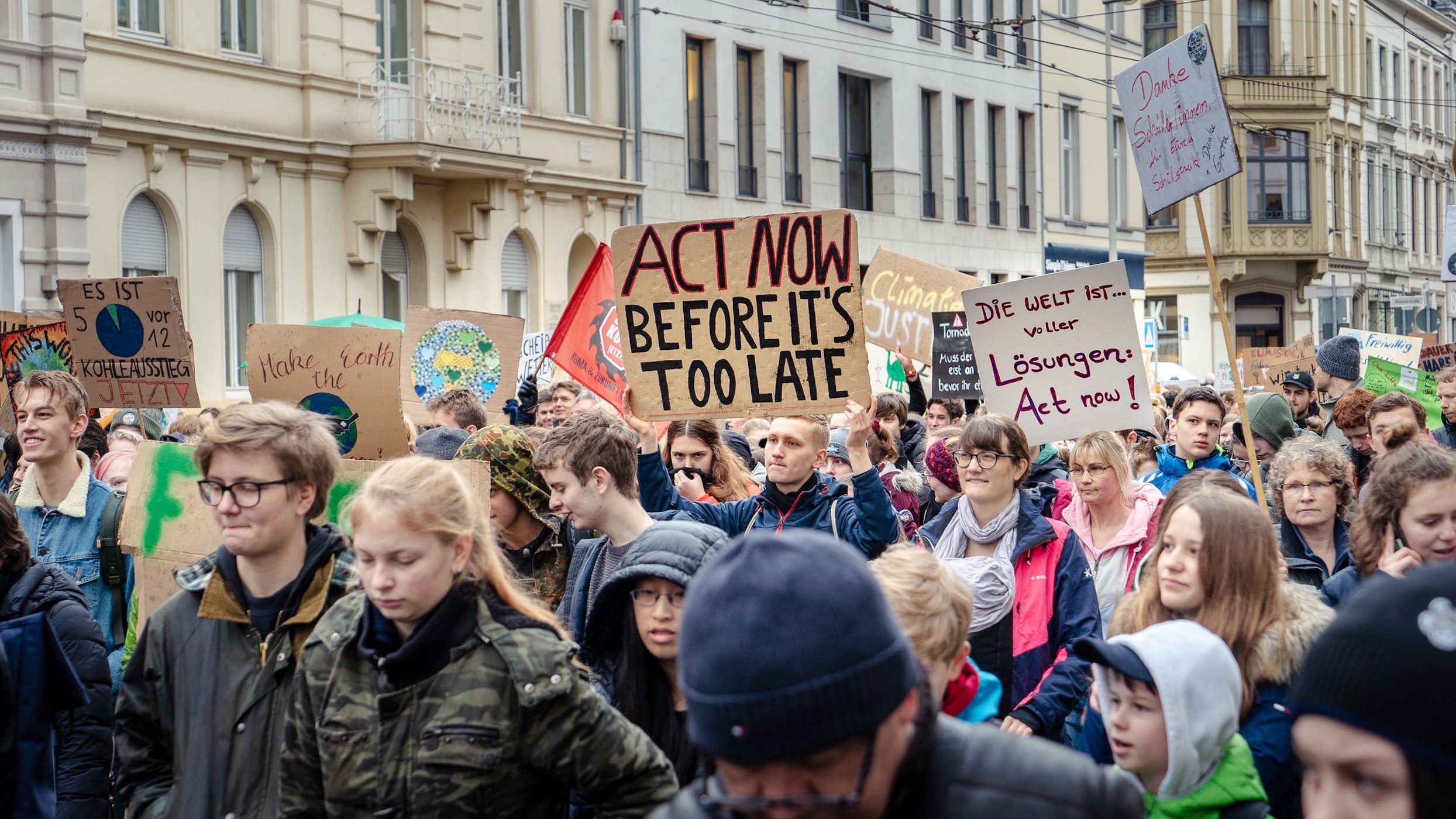World Cities Day is celebrated every year on October 31st with the aim of promoting the international community’s interest in global urbanization, pushing forward cooperation among countries and cities in meeting opportunities and addressing the challenges of urbanization, and contributing to sustainable urban development. The motto of World Cities Day is Better City, Better Life and the 2018 theme is Building Sustainable and Resilient Cities. It is a call to action to rethink how cities can be made into more inclusive and better places to protect and enhance people’s lives.
Urban Resilience is the measurable ability of any urban system, with its inhabitants, to maintain continuity through all shocks and stresses, while positively adapting and transforming toward sustainability. A Resilient City assesses, plans and acts to prepare and respond to hazards—natural and human-made, sudden and slow-onset, expected and unexpected—in order to protect and enhance people’s live, secure development gains, foster an environment for investment, and drive positive change.
UN-Habitat
Established by the General Assembly’s resolution A/RES/68/239 in 2013, World Cities Day is intended to bring together States, the United Nations system, in particular UN-Habitat, relevant international organizations, civil society, and all relevant stakeholders to observe and raise awareness on urban issues.
World Cities Day 2018 focuses on building urban resilience, where resilient cities are persistent, adaptable, and inclusive, with integrated systems, reflexive processes, and transformative approaches. Calls to action on World Cities Day 2018 are for innovative tools for local resilience, national policies on urban resilience, strengthening local and global partnerships, and sharing knowledge. This year World Cities Day seeks to influence climate action, upgrading from informality, economic and social resilience, governance and decentralization, and humanitarian urban crises.
World Cities Day contributes to the Sustainable Development Goal 11, to make cities inclusive, safe, resilient and sustainable, and it is recognized by the New Urban Agenda as a priority platform for partners. It is further relevant to international agreements such as the Paris Agreement and the Sendai Framework for Disaster Risk Reduction, as urban resilience has emerged as one of the core principles of sustainable urban development.
CMCC supports work on urban resilience and adaptation through its role as lead of the Urban Task for the ETC/CCA – European Topic Centre on Climate Change impacts, vulnerability and adaptation. The ETC/CCA assists the EEA in supporting EU policy development on climate change impacts, vulnerability and adaptation, and disaster risk prevention by providing relevant information and contributing to the harmonization, quality assessment, and exchange of data and/or information. This encompasses the knowledge base, data and indicators on climate change and impacts across sectors and regions, assessment of climate change vulnerabilities and natural hazard risks to society and ecosystems, and current or planned adaptation strategies and actions.
Check out the UN’s The World’s Cities in 2018 Data Booklet.






